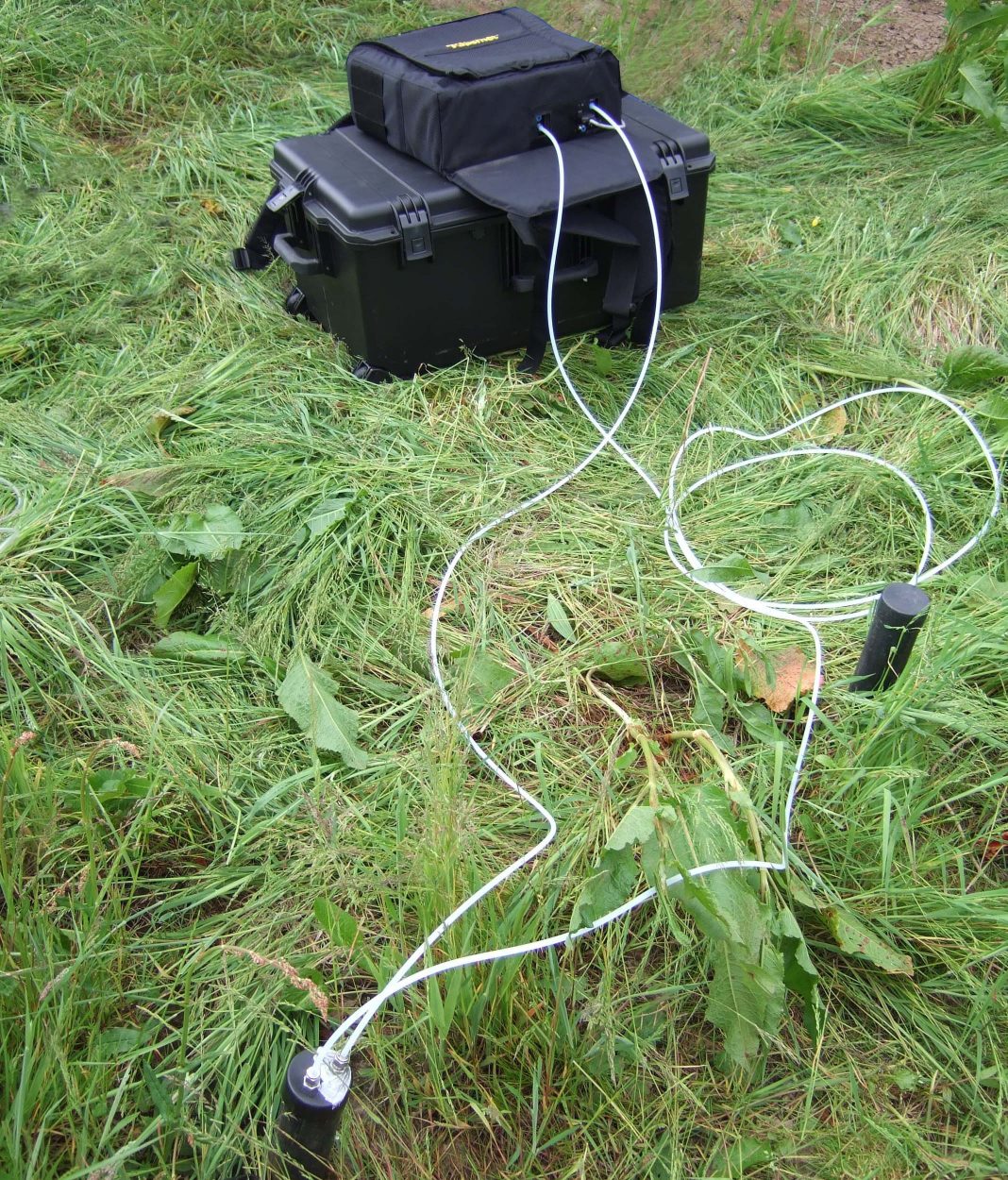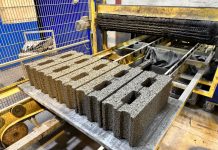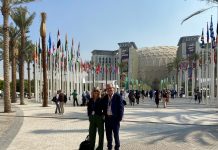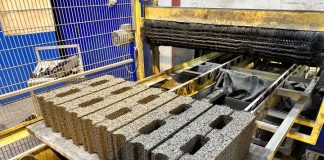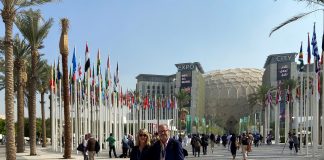Gas analyser helps reveal NITRABAR success
A portable FTIR multiparameter gas analyser from Quantitech is helping researchers at the University of Strathclyde, Glasgow prove the efficacy of a novel technique (‘NITRABAR’ – an EC LIFE Environment Project) that helps remove nitrates from groundwater.
High levels of nitrate are controlled under EU and UK legislation and can cause eutrophication in surface water bodies, leading to excessive plant (usually algal) growth, low oxygen levels and lower biodiversity. In extreme cases the oxygen depletion results in death of invertebrates and fish.
The NITRABAR system uses permeable reactive barrier technology and consists of a trench containing a mixture of natural materials, which removes nitrate from shallow groundwater immediately before it enters rivers or lakes.
A key feature of the NITRABAR system is its ability to convert dissolved Nitrate in the groundwater to harmless Nitrogen gas through the action of bacteria. This process is known as denitrification and involves a transition from Nitrate (NO3) to Nitrite (NO2) to Nitric Oxide gas (NO) to Nitrous Oxide gas (N2O) and ultimately to Nitrogen gas (N2).
University Researcher, Antoine Assal, of Strathclyde’s Department of Civil Engineering, has employed the gas analyser (Gasmet DX 4030) to perform a complete analysis of gaseous emissions from a trial in Ballymena, Northern Ireland. He says, “The DX 4030 has been of great value to the project because of its ability to measure almost any gas, which means that we have been able to track the denitrification process and measure the presence of other important gases such as methane and carbon dioxide.
“Another useful feature of FTIR analysis is the collection of a complete spectrum for the measured gases. Consequently, whilst we are able to take both qualitative and quantitative measurements for the gases of interest, the stored spectra provide us with the opportunity to retrospectively measure gases that were not initially considered to be of interest.”
Antoine works with Prof. Robert M. Kalin on technology demonstration and the development of research facilities within the Environmental Forensics Laboratory at the University of Strathclyde.
The NITRABAR project has been underway since December 2005 and has successfully demonstrated an ability to reduce nitrate concentrations by over 90%.
Further information on the NITRABAR Project is available at www.nitrabar.eu and on FTIR multiparameter gas detection technology at www.quantitech.co.uk
ENDS
For further information, please contact:
Quantitech Ltd
Unit 3
Old Wolverton Road
Milton Keynes
MK12 5NP
t. 01908 227722
f. 01908 227733
www.quantitech.co.uk

